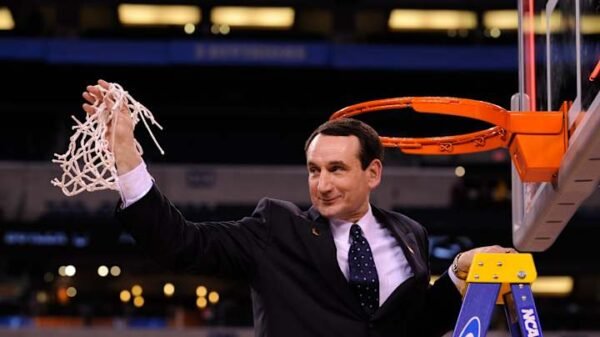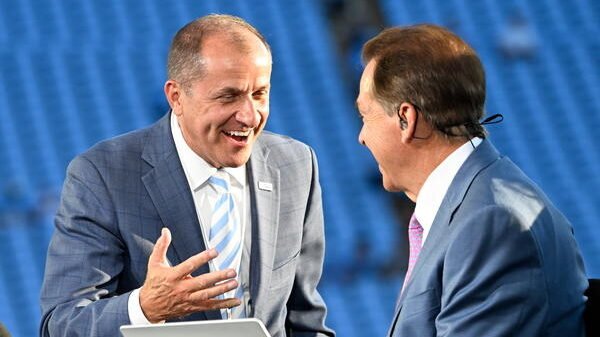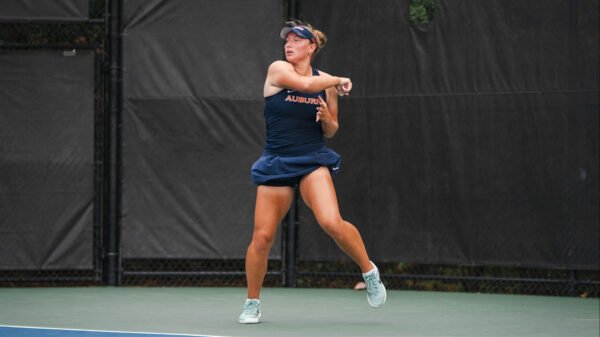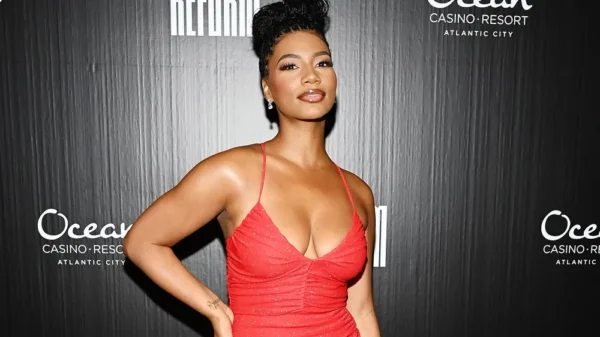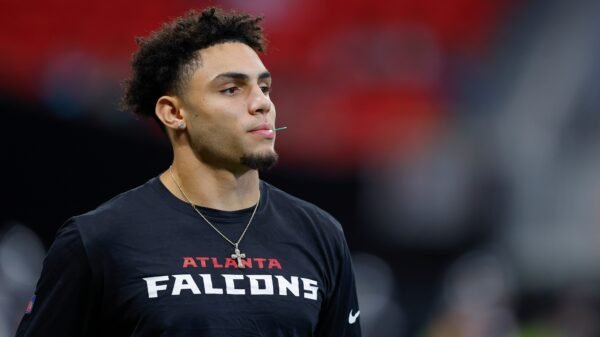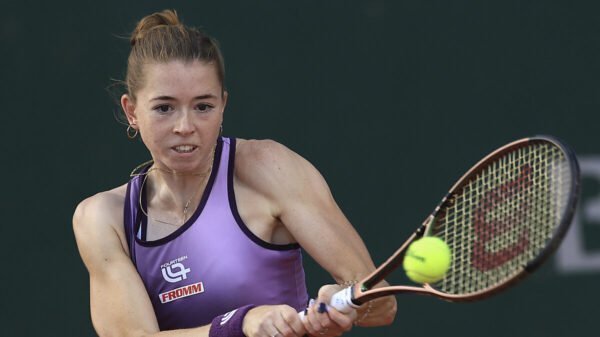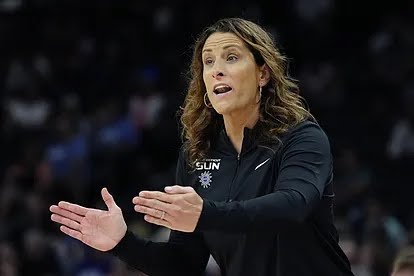Jason Whitlock Issues Apology to Stephanie White as He Pinpoints Two Key Caitlin Clark Issues Amid Angel Reese Surge
Outspoken sports commentator Jason Whitlock has issued a rare public apology to Indiana Fever head coach Stephanie White amid rising tensions and debates surrounding rookie sensation Caitlin Clark’s performance in the WNBA. Whitlock, known for his strong opinions and willingness to stir controversy, took to his podcast to express regret over previous criticisms aimed at White, acknowledging he may have misjudged her coaching approach.
“I owe Stephanie White an apology,” Whitlock said. “I’ve been critical of how Caitlin Clark has been utilized, but it’s become clear that the challenges facing her go beyond coaching.”
Whitlock’s comments come as Angel Reese continues to shine with the Chicago Sky, putting up consistent numbers and becoming a dominant force in the paint. Meanwhile, Clark, despite flashes of brilliance and record-breaking attendance figures, has faced scrutiny over her defensive play and adjustment to the WNBA’s physicality.
Whitlock identified two key issues affecting Clark’s game: physicality and locker room dynamics.
“First, the physical nature of the WNBA is something Caitlin wasn’t fully prepared for coming out of Iowa,” he explained. “It’s a different level, and it’s impacting her efficiency.”
Secondly, he pointed to possible chemistry issues. “There’s a weird energy around her. Whether it’s jealousy, media hype, or just growing pains, it’s clear she hasn’t fully gelled with her teammates.”
His remarks echo a growing sentiment among fans and analysts who have observed signs of isolation and miscommunication on the court. While Clark continues to draw massive crowds and attention, her transition hasn’t been seamless—something Whitlock now attributes more to circumstances than coaching errors.
As Angel Reese continues to gain momentum and Caitlin Clark adjusts under pressure, the dynamic between young stars, media narratives, and team integration remains at the forefront of WNBA discourse. Whitlock’s apology and revised perspective may mark a shift in how critics evaluate rookie performance beyond the box score.


